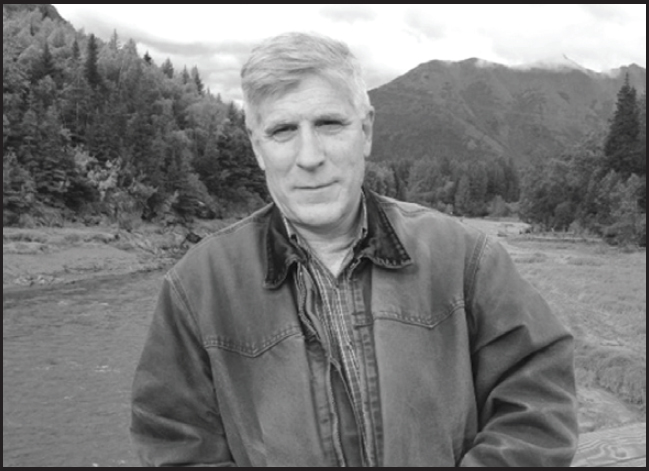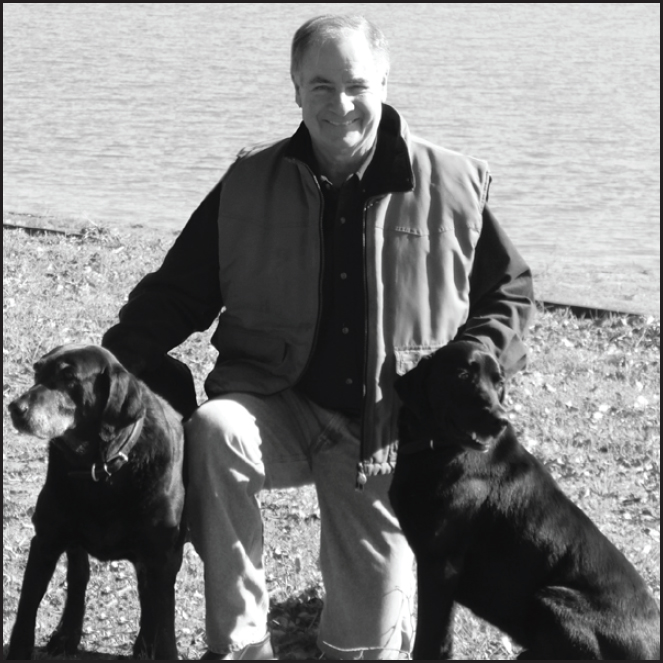
An attorney specializing in complex litigation with over forty years of experience, Ted Lyon has represented clients in more than one hundred fifty jury trials and was named one of the top one hundred lawyers in America by the American Trial Lawyers Association 2007 through 2016. Ted served in both the Texas House of Representatives (1979–1983) and the Texas State Senate (1983–1993). He has also been a police officer, a licensed fishing and hunting guide, and a teacher. Ted has received numerous prestigious and meaningful awards including the 2012 Teddy Roosevelt Conservationist of the Year award, Wildlife Recovery Award by Montana Sportsmen for Fish and Wildlife in 2014, Legends of the Bar Recipient in 2016 from the Dallas Bar Association, and was featured in D CEO Magazine as one of the Most Powerful Business Leaders in Dallas-Fort Worth in 2016.

Will Graves began his professional career with the US Department of Agriculture as the leader of a team working on controlling hoof and mouth disease’s spread to the US. One of the primary vectors was coyotes. With the outbreak of the Korean War, Will volunteered for the US Air Force and was trained as a Russian linguist. In order to accelerate and develop his skills in Russian, he started to read Russian wildlife magazines and books. Wolves were often discussed, and soon his interest became focused on wolves in Russia. He asked every native Russian he met, including scientists, if they had any knowledge of wolves and began to record data and resources. Graves’s interest in wolves grew into a serious hobby that continued after the war. For more information, visit:wolfeducationinternational.com
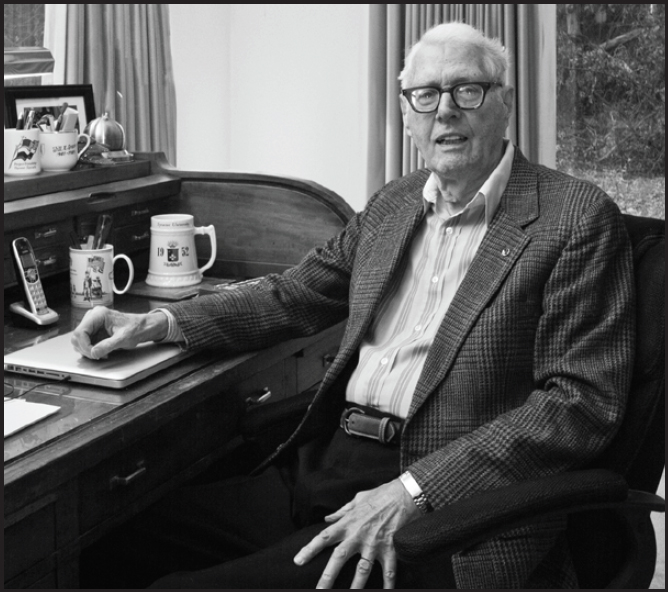
Valerius Geist was born in Ukraine in 1938 and immigrated to Canada in 1953. Geist earned a bachelor’s degree in zoology from the University of British Columbia in 1960. His wildlife studies began with feral goats and continued with moose, Stone sheep, bighorn sheep, and Dall sheep. In 1966, Geist earned a doctorate in ethology, the study of animal behavior. He returned to Germany for a year of studying with Konrad Lorenz, and wrote his first award-winning book during that time. Geist joined the faculty of the University of Calgary in 1968, where he was a professor and Department Chairman of environmental science and biology until 1995. Geist has shared his research, knowledge, and ideas through fifteen books, seven wildlife policy reports, more than 120 scholarly papers, book chapters, and commentaries, as well as numerous magazine articles and contributions to documentary films covering an array of wildlife topics and species. Particularly relevant to this book, Geist has served as expert witness in wildlife law enforcement, environmental policy, native treaties, and animal behavior cases in both the US and Canada, including the death of Kenton Carnegie by wolves.
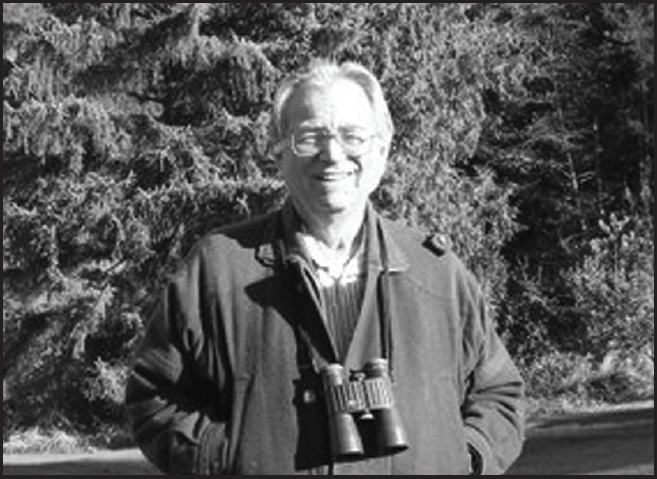
Don Peay earned his bachelor of science in chemical Engineering and his master’s degree from BYU. After working at an aerospace firm, Don started his own engineering consulting firm, Petroleum Environmental Management Inc. With deer herd populations crashing, ranchers wanting to greatly reduce Utah’s elk herds, and a fish and game agency saying the future was non-hunting programs, Don founded Sportsmen for Fish and Wildlife in 1994. Since then, Don has received numerous conservation awards in Utah and throughout the West, including Outdoor Life naming him one of the Top 25 Conservationists in North America in 2008. In 2009, the Utah Legislature passed a unanimous resolution thanking Don for his work to help military veterans, to protect wildlife and their habitats, and to increase jobs, tourism, and quality hunting opportunities.
Dr. Arthur T. Bergerud has been a population ecologist involved in research on caribou populations in North America since 1955 and is considered the world’s foremost authority on woodland caribou. His thirty-year study (1974 to 2004) of two caribou populations, one in Pukaskwa National Park (PNP) and the other on the Slate Islands in Ontario, is considered the most comprehensive study of caribou ever done. Along with Stuart Luttich and Lodewijk Camps, Bergerud authored The Return of the Caribou to Ungava (2008), which is the story of the George River caribou herd that increased from fifteen thousand animals in 1958 to seven hundred thousand in 1988, becoming the largest herd in the world at the time. For over twenty years, Bergerud, the former chief biologist with Newfoundland and Labrador’s Wildlife Division, and his associates studied the George River herd all across Canada’s tundra and taiga.
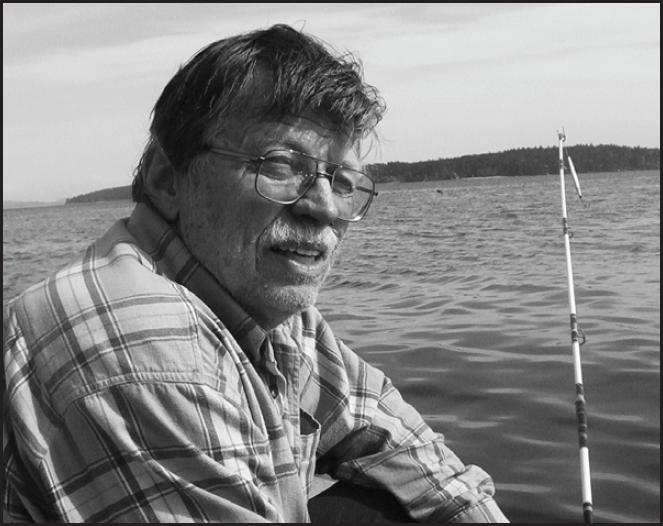
Heather Smith-Thomas grew up on a cattle ranch near Salmon, Idaho, and started writing about horses and cattle in high school. She graduated from the University of Puget Sound in 1966 with a BA in English and history. Heather, who writes regularly for more than twenty-five farm and livestock magazines and thirty horse publications, has written twenty books on such topics as horse care and cattle raising. She and her husband, Lynn Thomas, have been raising beef cattle and horses since 1967.
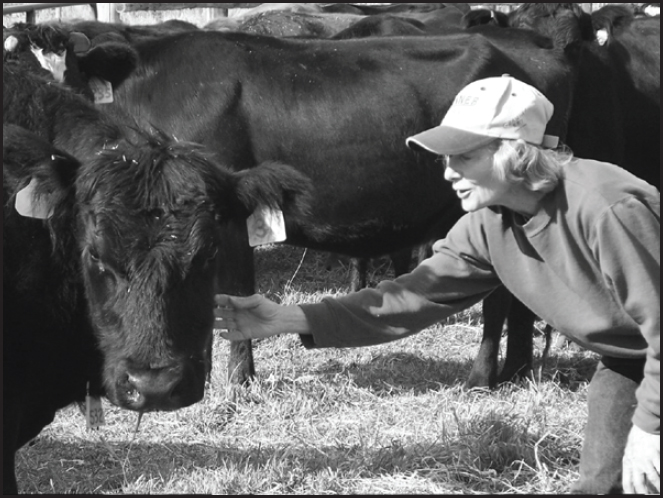
Rob Arnaud is a fourth-generation Montanan, who grew up in Manhattan, Montana. His love of the outdoors and hunting led him to study animal science at Montana State University where he graduated with a BS in 1980. He has been the contracted wildlife manager and outfitter on several large ranches in the West and has served on a private wildlife board. He is a licensed outfitter in Montana, Wyoming, and California. In total, he provides trophy hunting opportunities on sixteen different ranches. He is also the president of the Montana Outfitters and Guides Association and is very active in lobbying for hunter rights and responsible wildlife management. Rob is fortunate to have hunted many of the North American animals.
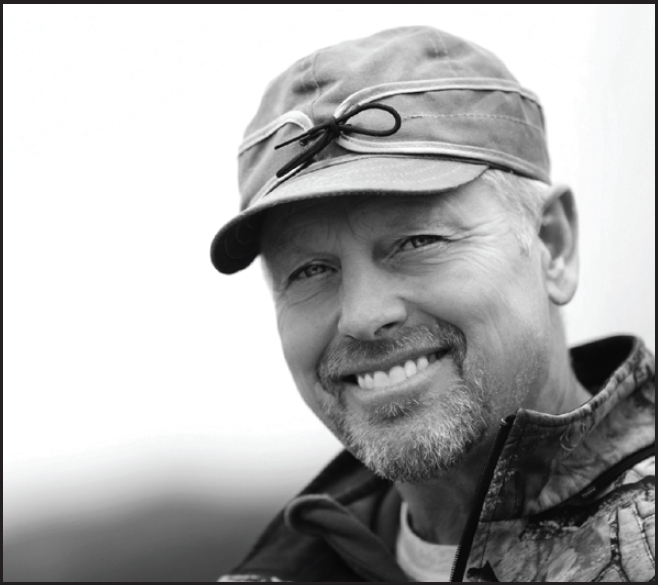
Laura Schneberger ranches with her husband and children in southwestern New Mexico on a historic cattle ranch located in the Black Range of the Gila Forest. She spends as much time as possible educating the public and writing articles on the realities of wolf reintroductions and their impacts on families and small communities that depend on livestock production for an economic base. Living in the middle of wolf and mountain lion territory has made her a much sought-after expert of wildlife activity in the Southwest.
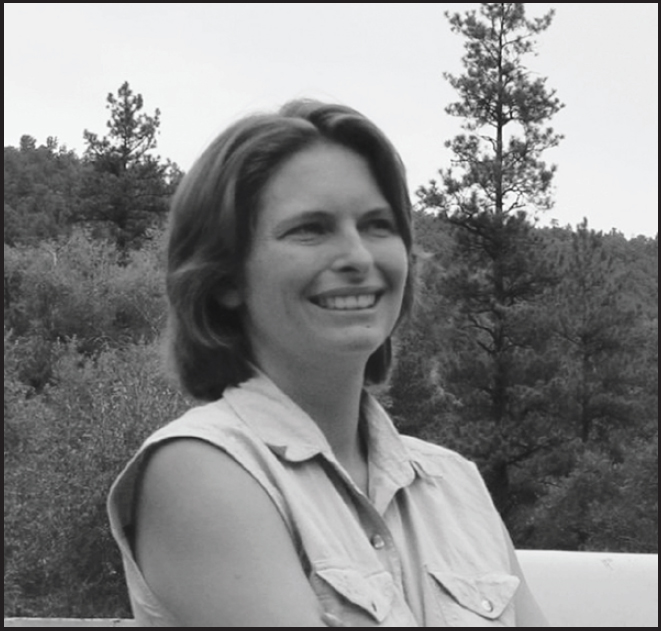
Jess Carey, Catron County wolf inspector, has lived in Reserve, New Mexico, for thirty-five years. Trained in woods skills by his father over fifty years ago, following a tour of duty in the US Marine Corps, initially, he made his living as a trapper. For the last ten years, prior to becoming a wolf inspector, Carey served as the elected sheriff, under-sheriff, and investigator for the 7th judicial district attorney’s office in Catron County.
Karen Budd-Falen is an attorney, and with her husband Frank Falen, is the owner of the Budd-Falen Law Offices, L.L.C. located in Cheyenne, Wyoming. Karen served for three years in the Reagan Administration, US Department of the Interior, Washington, DC, as a Special Assistant to the Assistant Secretary for Land and Minerals Management. She later served as a law clerk to the Assistant Solicitor for Water and Power, and has also worked as an attorney at Mountain States Legal Foundation. Karen has been featured in Newsweek’s “Who’s Who: 20 for the Future” for her work on property rights issues, and was awarded Wyoming’s Outstanding Ag Citizen in 2001, the “Always There Helping” award from the New Mexico Stock Growers Association in 2003, and the “Bud’s Contract” award from the New Mexico Public Lands Council in 2006. Karen grew up as a fifth-generation rancher on a family-owned ranch in Big Piney, Wyoming. She received her undergraduate degrees and her law degree from the University of Wyoming. She is admitted to practice law before the State Court of Wyoming; US District Courts for Wyoming, Colorado, Nebraska, and the District of Columbia; US Courts of Appeals for the Seventh, Eighth, Ninth, Tenth, District of Columbia and Federal Circuits; US Court of Federal Claims; and US Supreme Court.
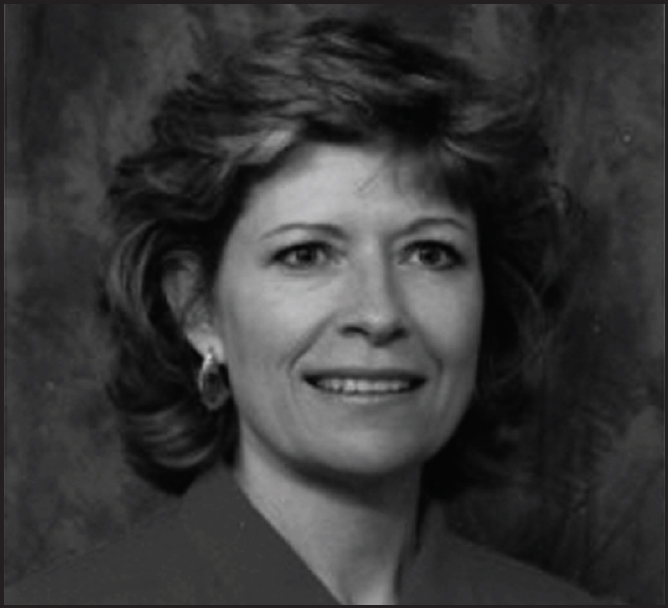
Joshua Tolin is an associate attorney with Budd-Falen Law Offices, LLC, in Cheyenne, Wyoming, where he practices natural resources law, environmental law, administrative law, property law, and criminal law. Prior to joining BFLO, Joshua served as a judicial law clerk to the Honorable Judge Alan B. Johnson in the United States District Court for the District of Wyoming. Joshua also interned with the United States Attorney’s Office for the District of Wyoming, where he practiced both civil and criminal law in the District of Wyoming and the Tenth Circuit Court of Appeals under their respective student-practice rules. Joshua earned his juris doctor with honors from the University of Wyoming in Laramie, where he was awarded the Archie G. McClintock Outstanding Law Student Award. Joshua served both as an editor for the Wyoming Law Review and a Teaching Assistant for Legal Research and Writing. Prior to law school, Joshua earned an MBA from the University of Nebraska Graduate College and a bachelor of science in political science from the University of Nebraska at Kearney.
Matthew A. Cronin received a PhD in biology from Yale University in 1989, an MS in biology from Montana State University in 1986, and a BS in Forest Biology from State University New York, College of Environmental Science and Forestry in 1976. Cronin was a US Coast Guard officer from 1981 to 1984 and worked for the US Fish and Wildlife Service as a geneticist from 1989 to 1992. From 1992 to 2004, he worked in the private sector with a focus on wildlife research and impact assessments for the oil, timber, and mining industries. From 2004 to 2016, Cronin was a research professor of animal genetics at the University of Alaska Fairbanks, School of Natural Resources and Agricultural Sciences, where he taught and focused his research on population genetics of wildlife and livestock. In 2016, he returned to the private sector with the Northwest Biotechnology Company consulting company in Anchorage and Bozeman, Montana. Cronin’s work emphasizes proper application of science to natural resource management, and his experience with private industry, academia, and government provides insights for achieving multiple use objectives.
